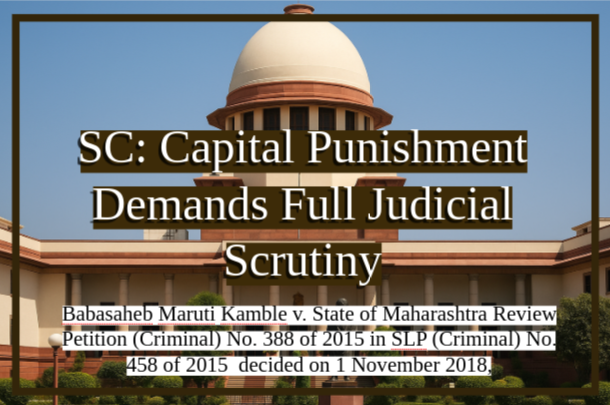Thailand's Constitutional Court Dismisses Prime Minister: A Legal Analysis of Judicial Power and Political Stability
- M.R Mishra

- Aug 29, 2025
- 3 min read
In a landmark decision that has sent shockwaves through Southeast Asia, Thailand's Constitutional Court dismissed Prime Minister Paetongtarn Shinawatra from office on August 29, 2025, marking the fifth time in 17 years that the court has removed a sitting prime minister

The ruling against Thailand's youngest prime minister (age 39) represents yet another dramatic chapter in the country's ongoing political turmoil and raises fundamental questions about the balance of power between judicial and democratic institutions in Thailand's constitutional framework.
The court found Paetongtarn guilty of ethical violations related to a leaked phone conversation with Cambodia's former leader Hun Sen during a tense border dispute between the two nations.
This decision has not only ended Paetongtarn's premiership after approximately one year in office but has also triggered a complex power scramble that threatens to further destabilize Thailand's fragile political equilibrium .
This legal analysis examines the constitutional implications of the court's decision, the historical pattern of judicial intervention in Thai politics, and the potential consequences for Thailand's democratic development and rule of law principles.

What Court Said?
According to the Constitutional Court's ruling, Paetongtarn violated constitutional ethics standards during a June 15 phone conversation with Hun Sen, Cambodia's Senate President and former prime minister. The court determined by a 6-3 majority that the prime minister had "seriously violated or failed to comply with ethical standards" required of her position
Specifically, the court found that Paetongtarn had put her private interests before those of the nation, damaging Thailand's reputation in the process.
The ruling stated:
"Due to a personal relationship that appeared aligned with Cambodia, the respondent was consistently willing to comply with or act in accordance with the wishes of the Cambodian side"
This language suggests the court viewed the prime minister's approach as improperly subordinating Thai interests to those of its neighbor.
The Contentious Phone Call
The leaked conversation, which Hun Sen himself made public, captured Paetongtarn addressing the Cambodian leader as "uncle" and criticizing a Thai army commander she described as an "opponent"
Most damagingly, she told Hun Sen: "If you want anything, just tell me, and I will take care of it" a statement the court interpreted as demonstrating improper deference to a foreign leader during a sensitive national security matter
The call occurred as tensions escalated along the Thai-Cambodian border following the death of a Cambodian soldier in May. These tensions later erupted into a five-day armed conflict in late June that resulted in dozens of casualties and displaced over 260,000 people

Preah Vihear Temple
, an 11th-century Hindu site dedicated to the god Shiva.
The court invoked Section 160 of Thailand's Constitution, which requires cabinet ministers to "display integrity and uphold the ethics standards" of their office.
The ruling emphasized that Paetongtarn had demonstrated a "lack of demonstrable honesty and integrity" in her handling of the border dispute
This constitutional provision has been invoked repeatedly in recent years to remove prime ministers, leading critics to argue that the court has established an exceptionally broad interpretation of ethical requirements that enables judicial intervention in political matters
Thailand's Constitutional Court has developed a reputation for judicial activism in political cases, particularly over the past two decades. Paetongtarn becomes the fifth prime minister since 2008 to be removed by the court, all of whom were from administrations backed by the Shinawatra political dynasty
Disclaimer: This blog post is for informational purposes only and does not constitute legal advice. The views expressed are those of the author and do not necessarily reflect the position of any institution or organization.
Refrences:







Comments